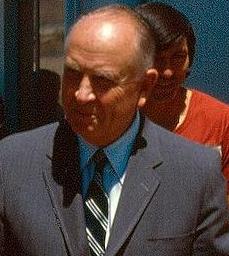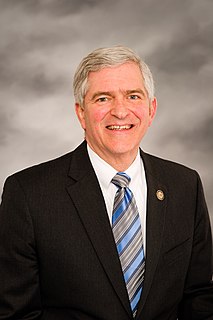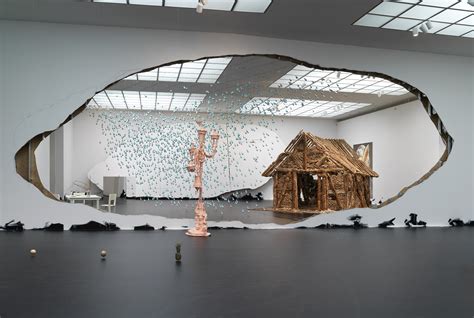A Quote by Venkatraman Ramakrishnan
It's for scientists to lay out the data and lay out what they think, and then it's for the public to make up its own mind. We don't live in a priesthood where some small group imposes its views on other people - that's not the way that science works, and it's not the way a democratic society should work.
Related Quotes
You have to lay down in the center of the action lay down and wait until it charges then you must get up face it get it before it gets you the whole process is more shy than vulnerable so lay down and wait sometimes it's ten minutes sometimes it's years sometimes it never arrives but you can't rush it push it there's no way to cheat or get a jump on it you have to lay down lay down and wait like an animal .
The web's democratic in one way and distinctly undemocratic in another way. And I think a lot of the confusion about the political ramifications have to do with that one word having so many meanings. So, it's democratic in that it quite literally delivers power to the people; it, it essentially opens up participation in the public's mind.
You lay out a plan and - say a three-year plan or a two-year plan - and say, 'This is what we can do. We can do the transportation packages, like the highway bill and the water bill, and we can do some of these other areas - a farm bill - whatever it is, we lay out a schedule, and we put that committee to work to do that.'
Science is a way of getting knowledge. It's a method. It's a method that really relies on making mistakes. We propose ideas, they are usually wrong, and we test them against the data. Scientists do this in a formal way. It's a way that everyone can go through life; that's how we should be teaching science from a very young age.
Maybe an artist's position in society is different today because it's more individualistic. You're not a direct servant anymore to the patron-you're an indirect servant, or a servant with a choice, or maybe you could not even serve. It's the way you make something. You draw it, you carve it out. Later you build it up from a flat surface. There is no other way to do a sculpture - you either add or you subtract. If you don't enjoy making work, then it's bad... artwork is brutal for so many people... I like the idea of an artist as sombody who works.
That's what 'Star Trek' was: We don't know how to make an ideal society, but we're going to portray that, and then we're going to work backward. I think that's why science fiction - despite the dystopian parts - comes out of this super ideal that, eventually, we will get to some better place where we actually live up to our ideals.
My biggest faults is that the faults I was born with grow bigger each year. It's like I was raising chickens inside me. The chickens lay eggs and the eggs hatch into other chickens, which then lay eggs. Is this any way to live a life? What with all these faults I've got going, I have to wonder. Sure, I get by. But in the end, that's not the question, is it?
I do think that an understanding of contemporary work in the cognitive sciences has a profound effect on how one views the workings of the mind. It doesn't work the way we pretheoretically think it does. Such an understanding, of course, should have a large effect on one's views in philosophy of mind, but also in epistemology.
Nine out of nine architects start with a sketch, and then they say, 'What should we make it out of?' I start from the bottom up - what should it be made out of - and then I worry about what should it look like. The material, the color of the material, the way it feels, and the way you respond to it is every bit as valid as the form or the shape.
I'd spent five hours that morning trying to write a song that was meaningful and good, and I finally gave up and lay down. Then, "Nowhere Man" came, words and music, the whole damn thing, as I lay down...Song writing is about getting the demon out of me. It's like being possessed. You try to go to sleep, but the song won't let you. So you have to get up and make it into something, and then you're allowed sleep.





































